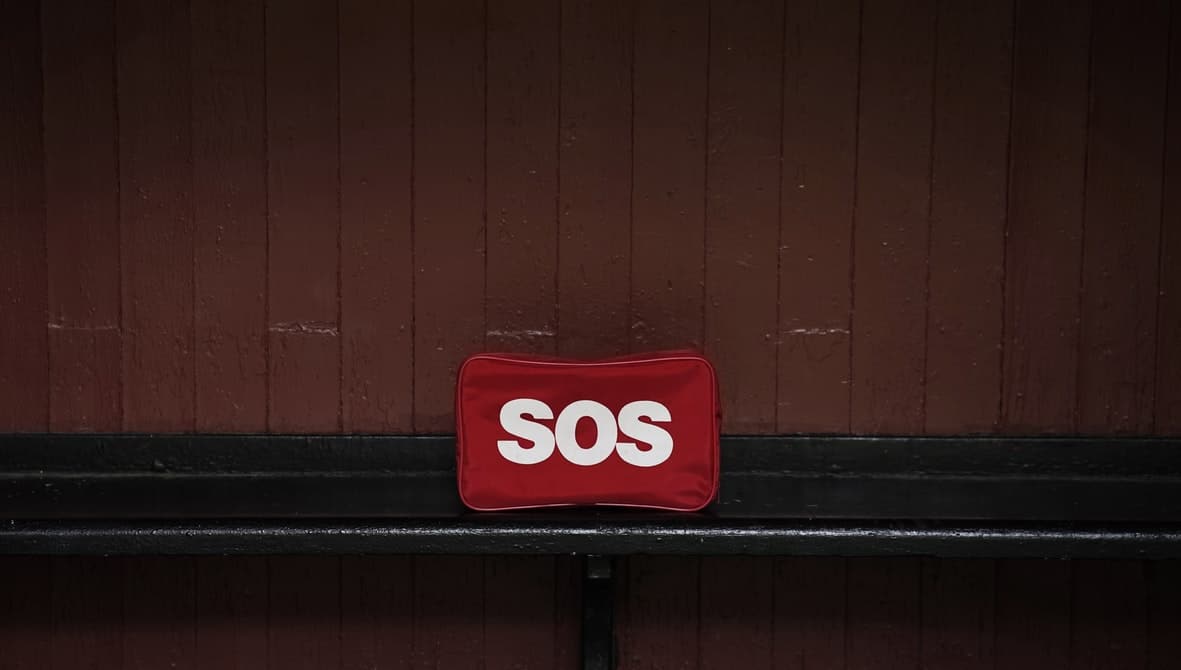
How To Manage Your PR During A Crisis
Press releases have been around since about 1905. The first one was written in order to manage the information to the media regarding a disaster which had befallen the company and its workers and customers. These days, press releases are used as more of a market tool, but they can still be one of the best ways to make sure the media is all on the same page if you have a crisis.
Crisis management
No one likes to think about their business suffering a huge crisis, but the truth is it can happen through no fault of their own. Hurricanes hit, lightning strikes, data gets breached. There are a few ways to manage a crisis through a press release if you are organized and use some common sense.
1-Tell the truth
Tell the truth as far as you are able in terms of what you know, and what you might be permitted to say if the crisis results in an ongoing police investigation.
The press release should include the essential facts, commonly referred to as the 5Ws:
- Who
- What
- Where
- When
- Why
Use this as a checklist to make sure you don’t leave out anything important. Also, use it so that your entire team is on the same page about what happened.
Avoid any opinions or speculation as to why things might have happened. Just stick to what you know to be the truth.
2-Accept blame if it is your fault
If you’ve made a mistake, apologize and reassure everyone you will make good on the situation. Even if the situation is no one’s fault, include a quotation from the CEO or other important corporate figure promising that everything possible is being done to look into the matter and resolve it.
3-Be humane
If there has been a loss of life, injury, or serious impact on staff and customers, be sure to express sympathy for all those affected. This helps show you care and implies that you are not hiding anything.
4-Be prepared for lots of questions
Include full contact information and make sure that whoever follows up sticks to the official press release and does not go off script.
5-Be prepared for social media frenzy
Social media is bound to light up as a result of the crisis. Publish the press release there, too, and try to put out any sparks before they become forest fires.
6-Act, don’t react, or overreact
If your business is liable in any way for what happened, an action plan that discusses what you will be trying to do to rectify the situation can boost confidence in your company.
In terms of questions, negative press and so on, try not to react or overreact without thinking. Do your best to take control of the narrative by using the facts in your press release. Don’t deviate from it or it might look as though you are aggressive, lying, or covering up things.
7-Consult with police and/or a lawyer
Show the police the press release you would like to send out to make sure that you are not giving away any sensitive information. Check with your lawyer about the legal liability of the situation, such as admitting that one of your workers caused a data breach. The last thing you want to do is make the situation worse by saying the wrong thing.












